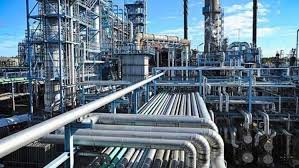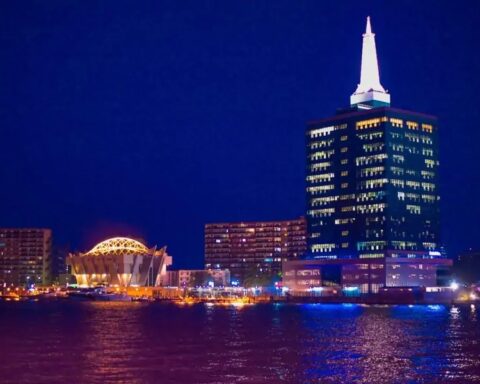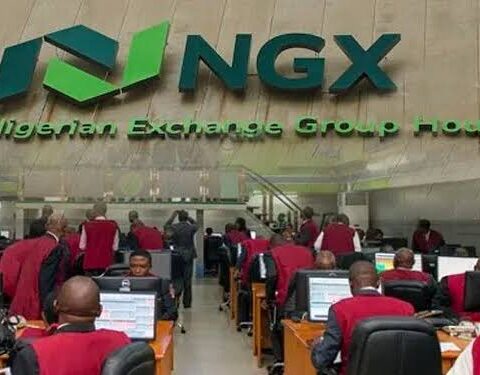The Federal Government has been urged to sell the government-owned refineries in Port Harcourt, Warri and Kaduna to raise funds for modular refineries.
The three refineries are currently managed by the Nigerian National Petroleum Company Limited (NNPC), the government’s oil company.
The Crude Oil Refiners Association of Nigeria (CORAN) made this appeal during a media interview on Saturday (yesterday, August 24), arguing that the sale of these refineries is the only viable solution to the persistent fuel crisis in the country.
For over a month, Nigerians have faced long fuel queues at filling stations, with pump prices rising to as high as N1,000 per liter in some areas.
Despite NNPC’s assurances, the queues have not subsided, leading to increased transportation costs.
CORAN’s Publicity Secretary, Eche Idoko, expressed concern that the Federal Government has spent over $1 billion on rehabilitating the Port Harcourt refinery, yet it remains non-operational after six postponements, emphasizing that the ongoing fuel crisis could only be resolved by refining crude oil locally.
Idoko suggested that modular refineries receive intervention funds, which would also grant the government stakes in these refineries, explaining that the root cause of Nigeria’s fuel crisis is the insufficient supply of refined products, compounded by the high cost of importing fuel and the financial burden of foreign exchange and subsidies on the government.
“We’re not asking for free money. The government should establish an intervention fund that provides access to credit—this isn’t free money. There are already several intervention funds in the agricultural sector,” Idoko said, adding that “the $1.5 billion spent on the Port Harcourt refinery could have been used to develop 10 modular refineries capable of producing at least 10,000 barrels of PMS per day, totaling about 100,000 barrels daily.
:Combined with output from the Dangote refinery, this would have significantly alleviated the fuel crisis and allowed for exports,” he said.
Idoko noted that no one else can import PMS due to government subsidies and the lack of foreign exchange, stressing that a solution to the recurring fuel shortages subsists in empowering modular refineries.
“A modular refinery typically takes 12 to 18 months to establish. The current administration should identify and support modular refineries that are already operational. Of the 15 modular refineries currently in progress, five are operating but not producing PMS, while the remaining 10 are at various stages of completion. If the government supports these 15 refineries, they could solve the fuel scarcity issue within 12 months or less, instead of pouring more money into outdated facilities like the Port Harcourt, Warri, or Kaduna refineries,” Idoko suggested.
He recalled that a previous administration attempted to sell these refineries, as many of them are now obsolete due to technological advancements, advising that the government should consider selling them off.
“Fuel scarcity is a serious issue, but we don’t have a quick fix other than the current reliance on imports, which is unsustainable in the long run. The government should set a target to phase out the importation of petroleum products, bring together stakeholders like modular refineries and traders, and develop a collaborative scheme,” Idoko added.
He also pointed out that in countries where there is self-sufficiency in refined products, the private sector plays a leading role in the refinery segment.
“Saudi Aramco, for example, is a purely privately-owned entity with shares, a board, and operates as a private company. In the United States and other self-sufficient countries, the private sector drives the refinery industry, while the government provides an enabling environment and support,” Idoko concluded.
The NNPC reported that it spent over N9.3 trillion on petrol imports in 2023.



























